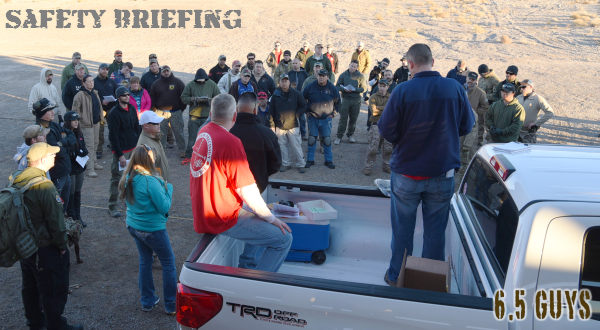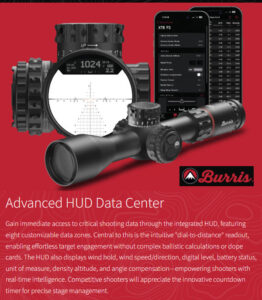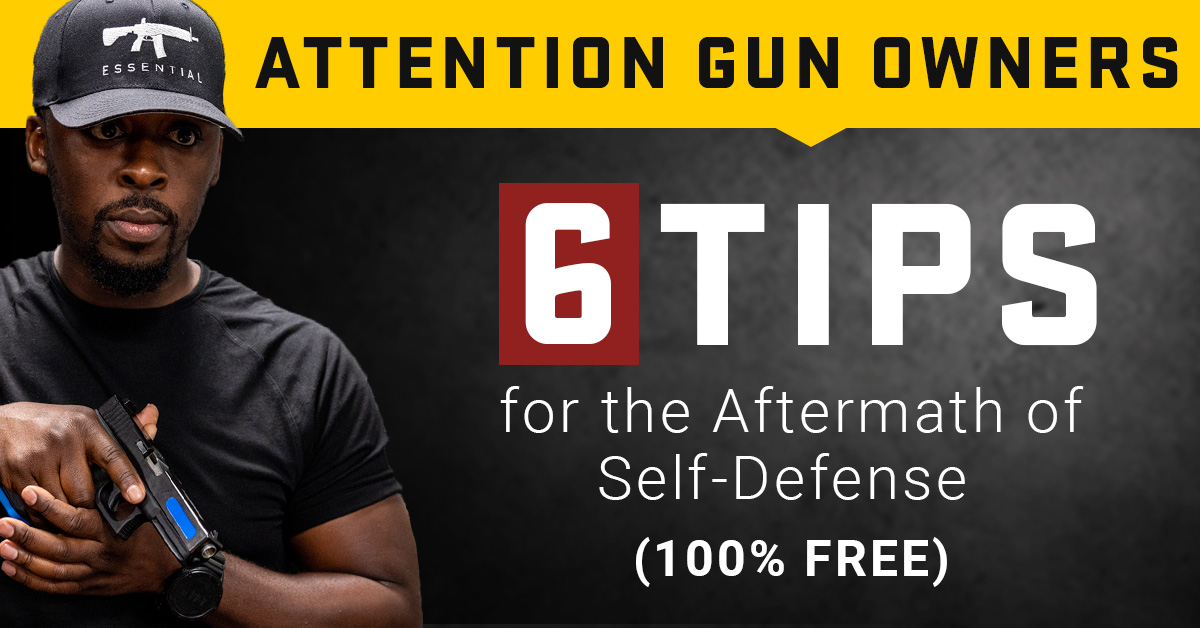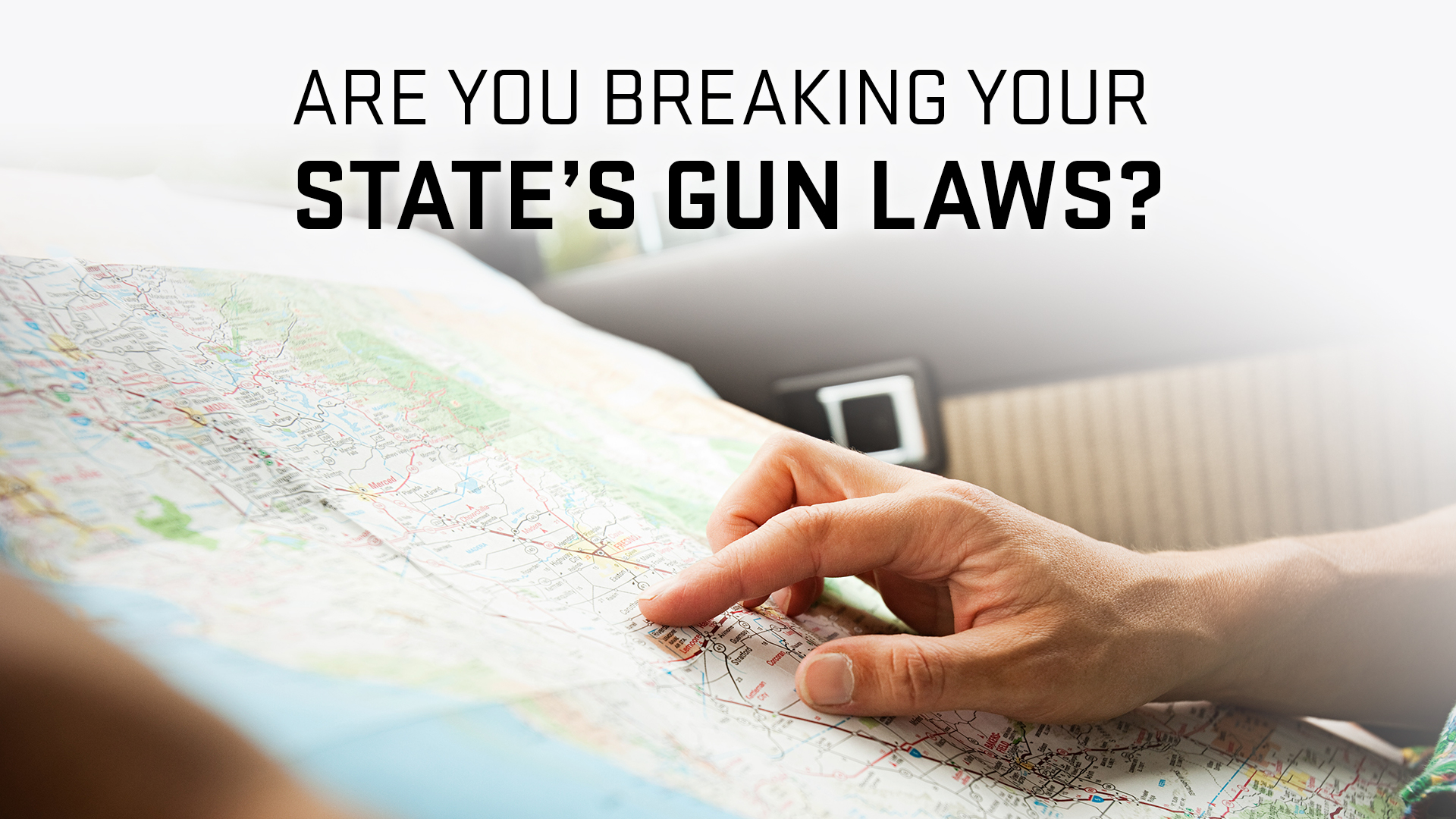June 12th, 2022Getting Started in Precision Rifle Matches (Practical/Tactical)Our friends, Ed Mobley and Steve Lawrence, aka the “6.5 Guys”, have written an excellent article on getting started in practical/tactical competition. These tips will help you save money, make your game more enjoyable, and get you further. These are just a few highlights of the article. We recommend that you read the entire story, 5 Tips to Attend Your First Precision Rifle Match on www.65guys.com. We often meet people who are new or interested in long-range precision shooting and want to improve their skills. They aren’t sure if it is possible to sign up for a match. Many ask “What skills or knowledge are required to compete in a match?” Others might say, “I need this or that gear before attending a match.” If you are a keen shooter of precision rifles and want to go to a match, here are Five Tips. It may take some research and investigation on your part to find out what matches are being held in the coming months. We recommend that you start with any match within a reasonable driving distance. It may be a match that is held regularly in your area. These are great venues as you can meet other regular shooters as well as those from your area. You will also find that smaller matches are less competitive. This includes finding out if you have to pre-register for the match or pay the match fee. Register for the match and make a commitment to go. You can also find useful information such as:– When should I arrive?
Is there a safety briefing mandatory for new shooters at this venue?
How long does it take to get to the match venue?
What number of stages will there be?
Do you have a description of the stages before the match?
What number of rounds should you bring?
Do you have any special equipment requirements? (E.g. Do you need chamber flags? Is there a pistol stage? TIP TWO: Bring what you have (Don’t spend a fortune at the start)
Many new shooters assume that they need a custom match rifle and all the other gear required for long-range precision shooting in order to compete in matches. A Kestrel weather meter, a high-quality laser range finder, and other shooting equipment are all great tools, but you won’t find any other shooters at your first match. Instead, bring a scoped rifle and ammo that can consistently shoot within one MOA. You should also be familiar with the ballistic drops and have a table for ballistic drop to help you dial the right DOPE for your scope at different target ranges. If you have any questions, many of the other match participants will be happy to lend you a support bag or tripod. Do not let the excuse that you don’t have the right gear prevent you from attending a match. Our local club matches are often used as a group training session to prepare us for the larger matches. There will be shooters at all levels and many will offer helpful advice to you if you are new to the sport. If you have any questions, you can ask them. However, it is a great opportunity to learn from other shooters how they approach a particular stage or fire course. You will learn which shooting positions are best for different situations and perhaps even find some new ones. With their permission, you can record other shooters with your smart phone’s camera. Ask another shooter to record you when you are ready to shoot. You will be able to identify areas that need improvement by watching yourself. Also, identify the shooting skills that you need to improve and create a plan to incorporate the drills into your practice sessions. You should also keep a shooter’s journal or data book. Keep track of things like: After Action Review – What went well, what went wrong, and things you need to improve.
Stage Observations: Successful methods used to control fire. Note the positions and specific gear used on stages.
Gear Observations – How your rifle/gear performed, and what new items should you add to your “buylist”. TIP FOUR: Be Safe and Have FUN. We’ve all heard parents or teachers say, “It’s all a lot of fun and games until someone loses their eye.” The same applies to shooting sports. Safety with firearms is the most important rule at any match. You should ensure that you are familiar with, understand and adhere to any safety protocols for the match. Some matches require that all rifles must have chamber flags in place and be stored in bags/cases when not on the firing line. Other matches may not. You could be disqualified from a match or removed from the stage if you violate safety rules. This begins with a positive attitude throughout the day. Remember that a match is a solid day of training and practice for a new competitor. Don’t be discouraged if you lose a match. Instead, use it to help you learn and improve. A good day at the range is any day. Matches are a great way to meet like-minded people who share a passion for shooting and making an impact on targets far away. It’s great to do what you love! TIP FIVE: Make friends. There is no better way than at a match to make new friends and meet precision rifle shooters. People who are truly into tactical precision shooting and have ‘fallen into a deep end of the pool’ are the ones who attend the matches on a regular basis. They have become part the local precision shooting community. You can find out about your new friends’ social media habits by having conversations at matches. It is a good idea to meet the guys at matches and to be able to identify a face with a screen name. You will be able to find shooting opportunities in your area as you build your trust and friendships. It is often easier for local shooting communities to trade or sell gear and equipment than dealing with buyers/sellers from out of state. Similar Posts

















